It’s not enough to just apply sunscreen when you go out in the sun. What you eat also plays a crucial role in sun protection. We’ll share some foods that can enhance the effects of your sunscreen.
According to Consumer Reports, more than 40% of sunscreens don’t live up to their advertised claims. Therefore, incorporating sun-protective foods into your diet can boost your sun defense:
1 Red Wine
 Red wine helps the body store antioxidants
Red wine helps the body store antioxidants
Drinking a glass of red wine can help your body store antioxidants and combat free radicals. The flavonoids in wine will help protect your skin from sunburn, while the rich source of antioxidants will help you relax and fight against skin cancer.
2 Sweet Potatoes
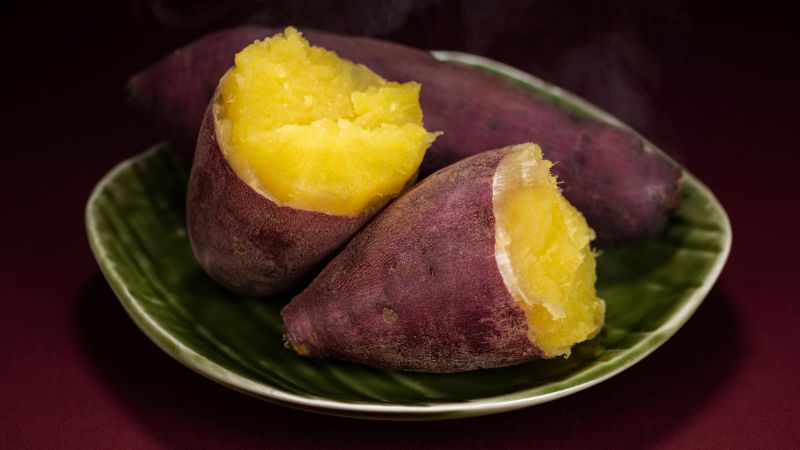 Sweet potatoes are rich in potassium and vitamin A, which help build antioxidant micronutrients
Sweet potatoes are rich in potassium and vitamin A, which help build antioxidant micronutrients
When you get sunburnt, your body is dehydrated, and you crave sweets. Instead of reaching for sugary treats, opt for sweet potatoes. This vegetable is rich in potassium and vitamin A – essential for building antioxidant micronutrients. It acts as a shield against UVA rays.
3 Olive Oil
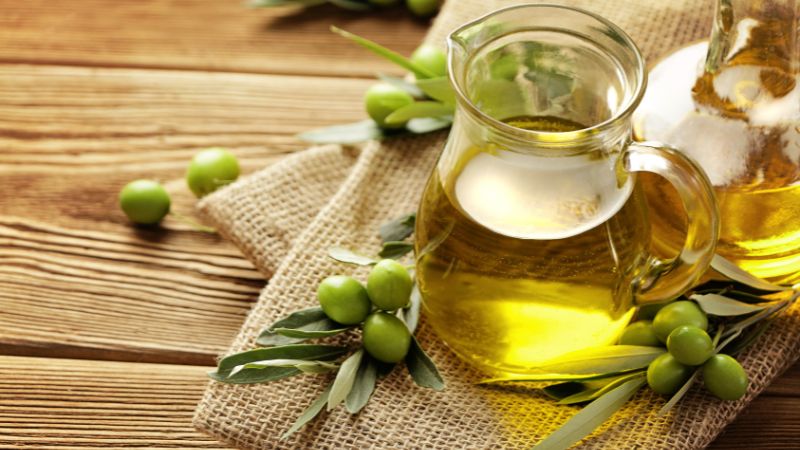 Olive oil has natural skin-protecting and sun-blocking properties
Olive oil has natural skin-protecting and sun-blocking properties
Besides applying a small amount of coconut oil to your skin, add a spoonful of olive oil to your salad. It has natural skin-protecting and sun-blocking properties that are highly effective.
4 Strawberries
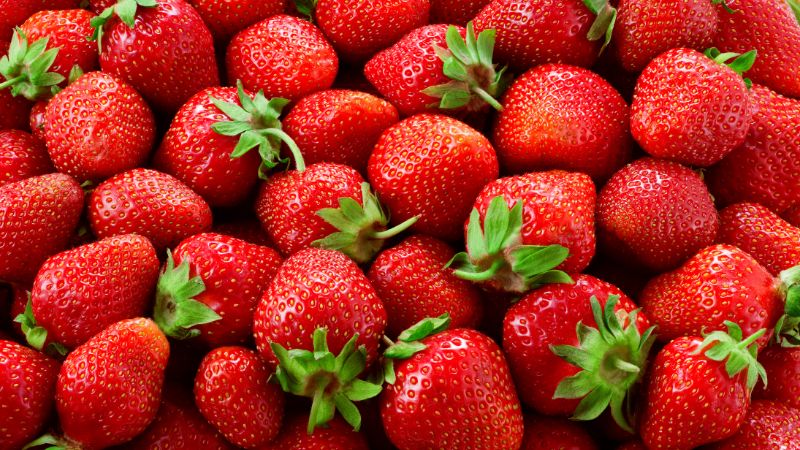 Strawberries help maintain overall health and boost immunity
Strawberries help maintain overall health and boost immunity
Strawberries contain more vitamin C than oranges, helping you maintain overall health and boost immunity. Don’t forget to include this fruit in your diet to keep your skin safe from sun damage!
5 Avocados
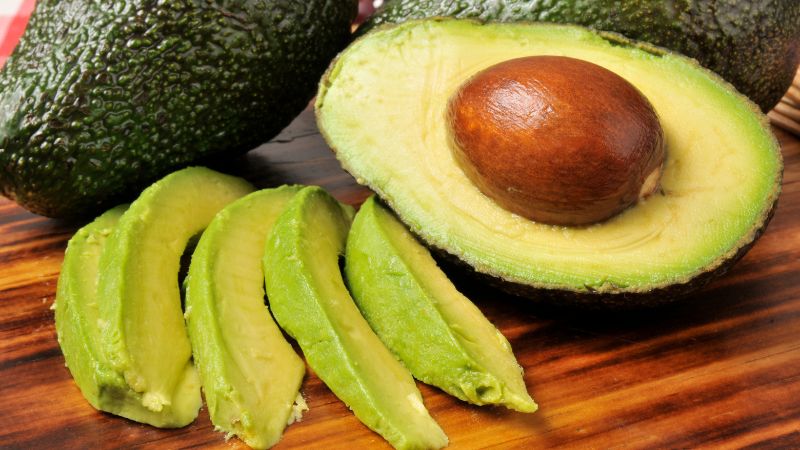 Avocados are rich in antioxidants, protecting the skin from free radical damage
Avocados are rich in antioxidants, protecting the skin from free radical damage
Avocados are packed with antioxidants that safeguard your skin from free radical damage. Eating an avocado not only helps prevent wrinkles caused by UVA rays but also provides energy to combat biological aging.
6 Salmon
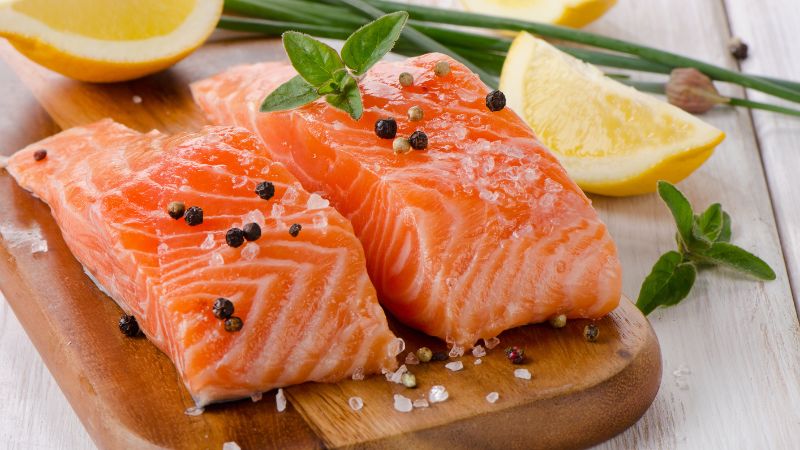 Salmon is rich in omega-3 fatty acids, which help maintain the skin’s protective barrier
Salmon is rich in omega-3 fatty acids, which help maintain the skin’s protective barrier
Salmon, rich in omega-3 fatty acids, will protect your skin from sunburn, even at the DNA level. However, combine it with sunscreen for the best results. A healthy diet and lifestyle are also crucial for maintaining healthy skin.
7 Pomegranates
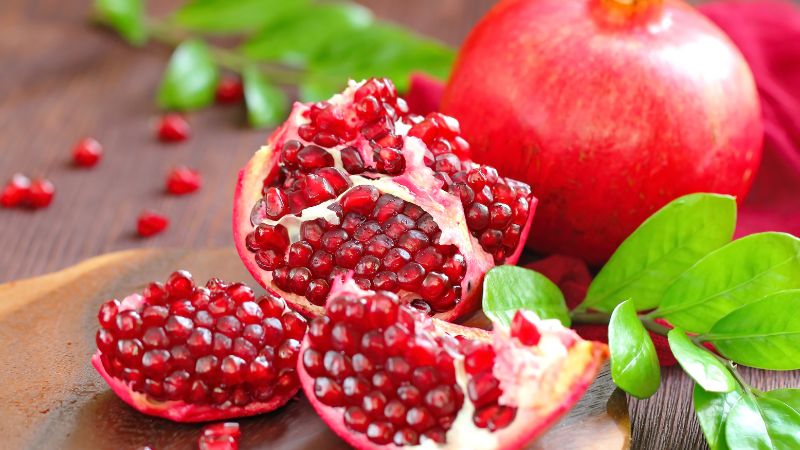 Pomegranates are rich in antioxidants
Pomegranates are rich in antioxidants
According to a study from Texas A&M University, pomegranate seeds are loaded with antioxidants that help shield your skin from weather-induced damage. Additionally, they protect cells from harm after exposure to UVA rays.
By incorporating these sun-protective foods into your diet, you can ensure that your skin is protected from the sun’s harmful rays. Remember to include them in your meals before heading out into the sun. Wishing you good health and smooth, radiant skin.
Source: Vietnamnet
Treating Cracked Heels With Olive Oil
Show off your perfect heels and put your best foot forward with the help of olive oil! Rejuvenate your often-neglected heels in just a few easy steps with our guide. Get ready to confidently show off your soft and smooth heels!

























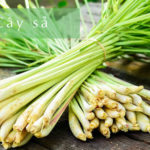
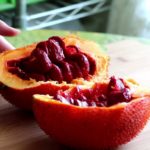
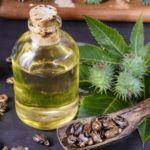
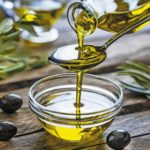 Olive Oil
Olive Oil





